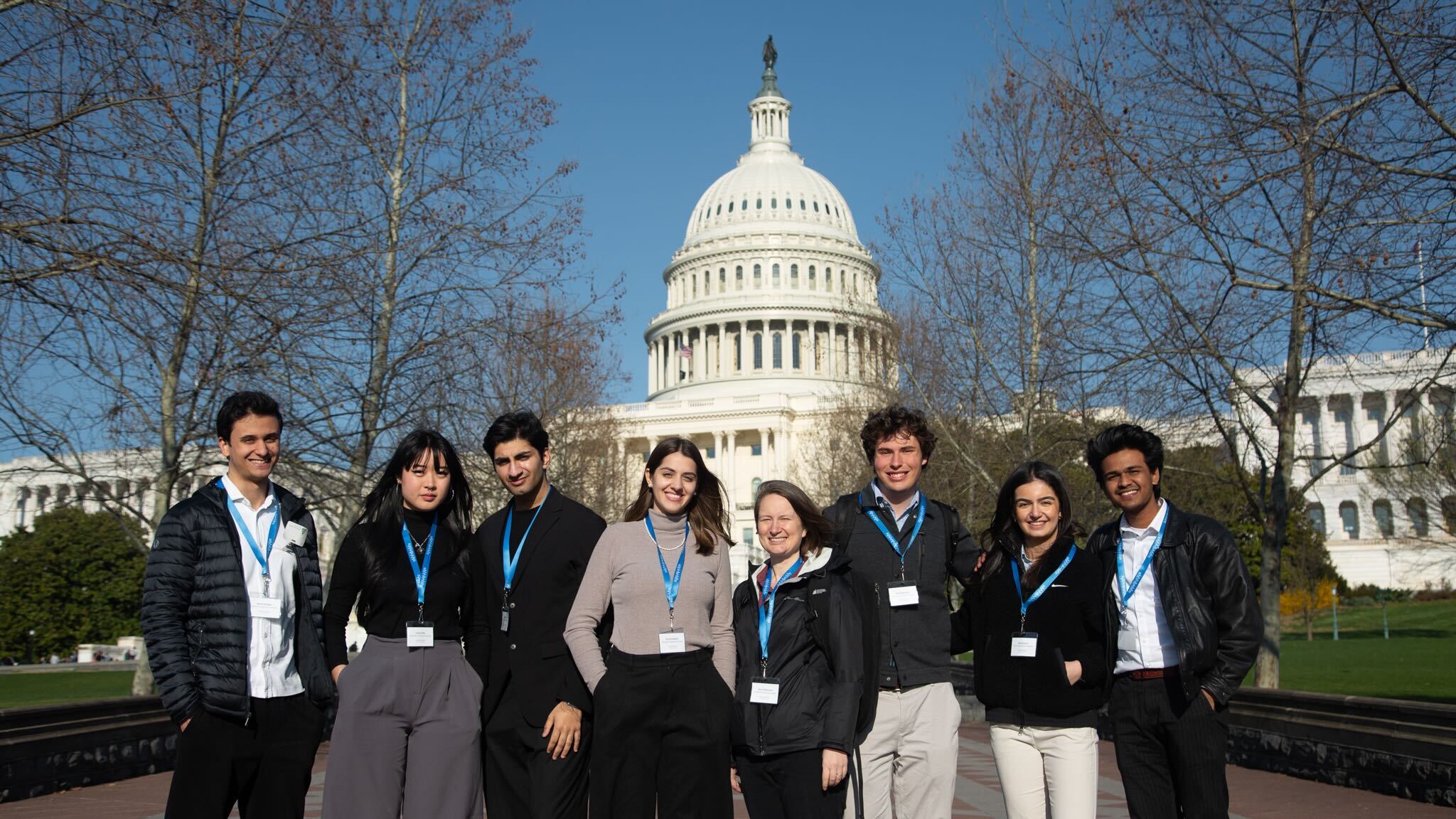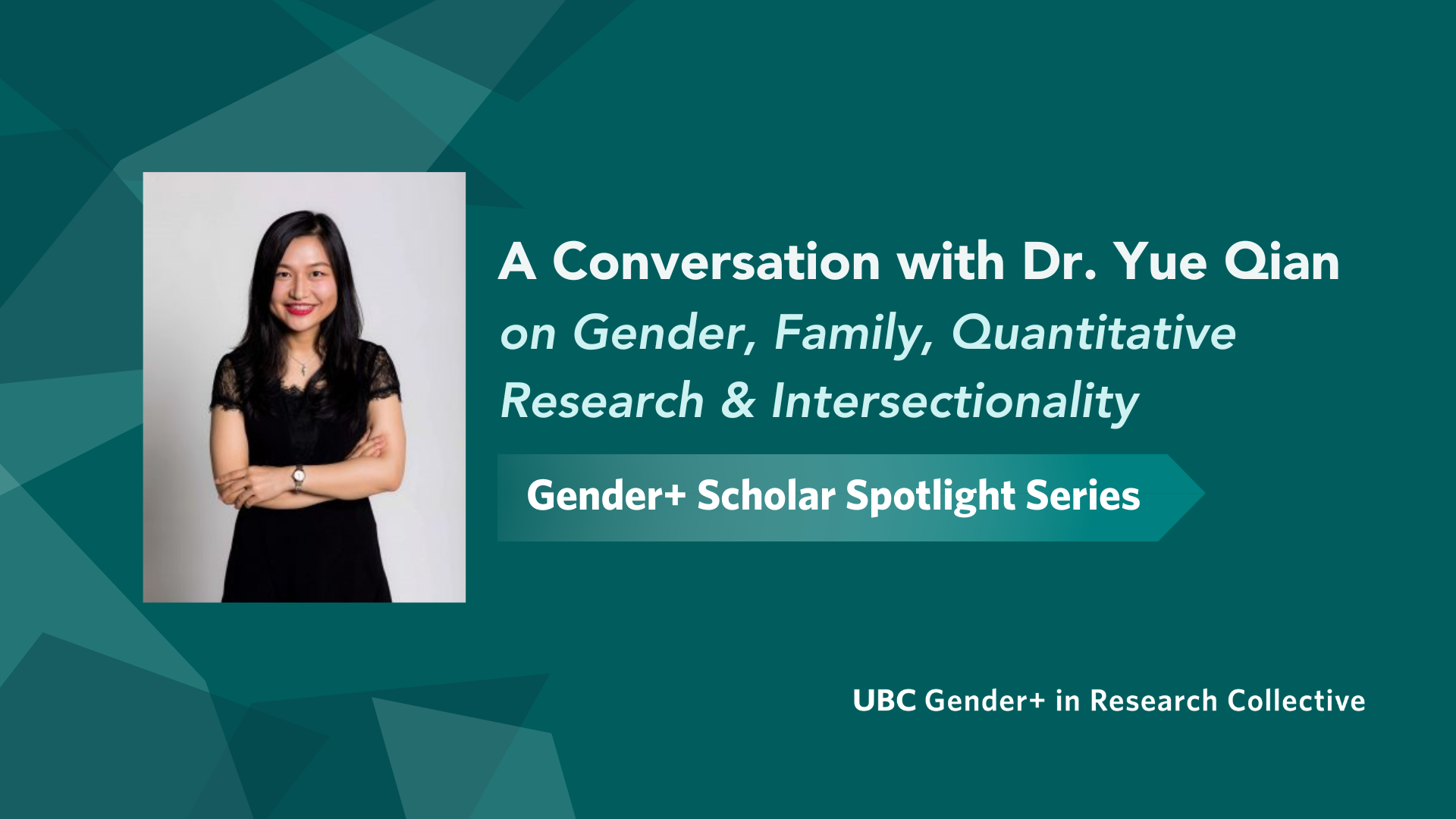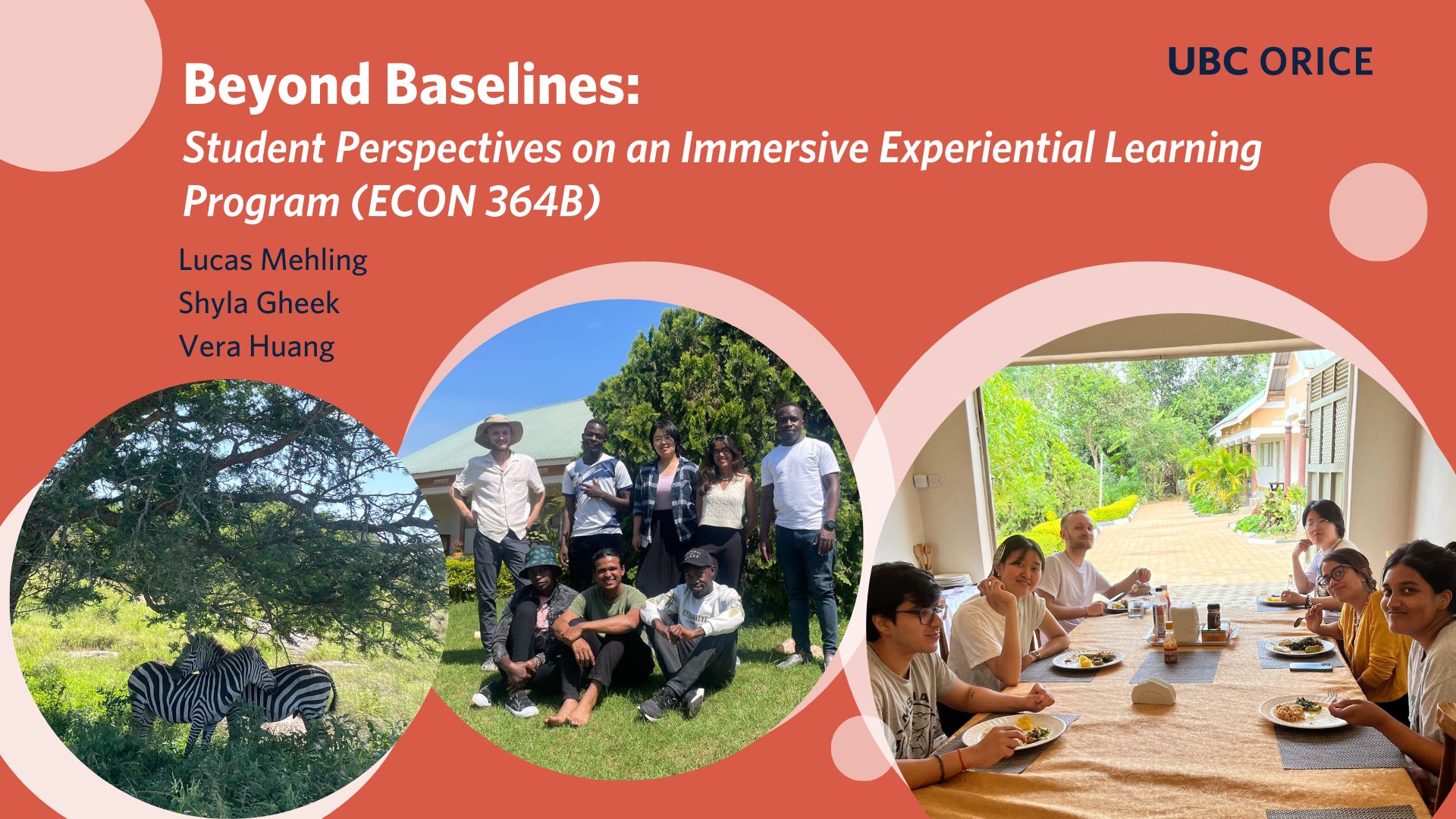

The Gender+ Data Justice Engagementship project originated in May 2020 with the numerous calls for the collection of disaggregated data along multiple axes of identity, many of which were amplified by the ongoing COVID-19 pandemic. Anneke Dresselhuis, a current team member, shares her experience and takeways so far from her engagement with the project.
ABOUT ANNEKE (uh•nih•kuh) (she/her)


Photo by Jasmine Almeida
I am a mixed Dutch and Scottish/Russian-Canadian settler working and learning on unceded Musqueam, Squamish and Tsleil-Waututh lands. In my fourth year majoring in Visual Arts and double minoring in Economics and Informatics in the B+MM program, I am someone who is incredibly passionate about learning approaches that bring together diverse ways of knowing and being in the world.
In addition to being a student I am also a daughter, granddaughter, friend, mentor, sister, mediocre singer and lover of time spent with mountains and forests who can often be found making food with plants or having a splashing time in aquafit classes at the UBC pool.
FORMING THE RESEARCH QUESTION
I was drawn to participate in the Gender+ in Research Collective for Research as I, among many others, began to see how the pandemic was visibly exposing long standing inequalities in social, political and ecological domains.
Even before the pandemic, I had begun to think about data politics and ethics a lot in research for my classes as well as my own creative art practice. I had not been a part of a research collective before and was drawn to participate in this project out of what I was sensing to be a growing and insatiable desire to grapple with the following questions:
- How can research methodologies better engage with the limitations and hegemony of the scientific method?
- How might we work towards embodied and empathy-centred encounters with data that resist the abstraction of people into purely quantified metrics?
- What role do citizens and scholars have in turning away from colonial discovery aesthetics of research and knowledge-making?
- How might we imagine and build ways of producing knowledge and meaning in communities that benefit every body, and exploit no body?
This project has aimed to create a guide that introduces principles of data justice that can be incorporated into community-centred research projects. The work of bringing justice-centred lenses to data projects is important because we live in a world that heavily relies on data to inform decision-making processes. In light of this reality, those who work with data have the responsibility to critically engage with the ways in which dominant narratives and bias can shape who and what is and is not included in the stories we create about the world. The many cohorts involved with this project have done an incredible job of covering a breadth of subject material and maintaining a commitment to intersectional thinking at every stage of a traditional data science workflow (preparing, collecting, processing, analyzing and sharing data).
REFLECTIONS
The process of researching for and designing this guide was very different from a traditional research project because it didn’t delineate specific outcomes or timelines. I enjoyed working in this flexible and student-led environment because it allowed a free exchange of ideas and created the conditions for rich and reciprocal relationships to be built between the students and staff at UBC ORICE. I often think about this kind of work – that is ambiguous at times, uncertain and flexible – as slippery work. This project seeks to understand something which is not very easily grasped and is ever changing. It is the kind of work that demands approaches outside of traditional empirical ways of thinking, and invites project members into a space of vulnerability to bring their whole and creative selves to the table. One really special way that I was able to bring my whole self to this project was by incorporating my art and poetry into the research as visual and contemplative parallels to the academic writing and literature reviews in the guide. I am particularly indebted to and appreciative of the insights shared by UBC Faculty members and artists Christine D’Onofrio and Alexsandra Dulic who greatly encouraged our team at the design stage of the guide.
I have learned many things during this experience, but the three important ones have been:
- Not rushing justice work well is hugely important
- Resting is a form of resistance which frustrates colonial ambitions 👀
- Taking time to build kin and trust with the people you work and research with makes collaborating so much richer and more fruitful
ON THE HORIZON
The recent five cohorts have completed the research for the guide and will now be moving into communicating and sharing the findings with community leaders. The next phase is to formally launch the guide, putting theory into practice. In the following months, the Gender+ Collective will be giving presentations and collaborating on research projects with UBC and non-UBC stakeholders.
Participating in a Research Collective is invaluable and can be a really neat way to learn about a topic that you don’t know much about or simply meet some absolutely brilliant people. Even if you don’t think you want to pursue a career in academia, the critical thinking skills you can gain are very transferable to any type of work and set you up well to be … a lifelong learner!!
Interested in the Gender+ Collective Engagementship team?
Anneke would be happy to connect with any students who are curious about getting involved with Gender+ or interested in chatting about anything data/justice/art related!
Sign up here to be notified of the next Collective for Gender+ general gathering and any updates and news from the collective
![]()
![]()
Anneke is a fourth year student majoring in Visual Arts and double minoring in Economics and Informatics in the B+MM program. Anneke has been a part of the Gender+ Data Justice Engagementship since cohort 4 and will be continuing onto cohort 6.


